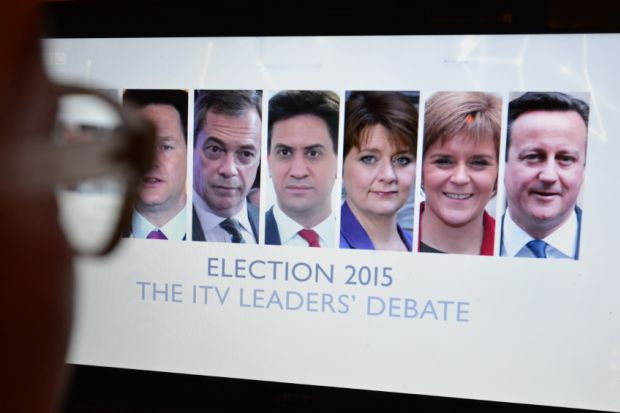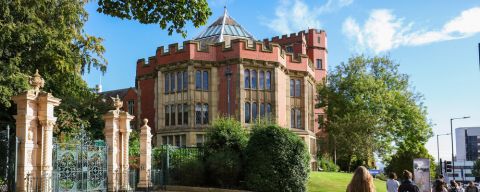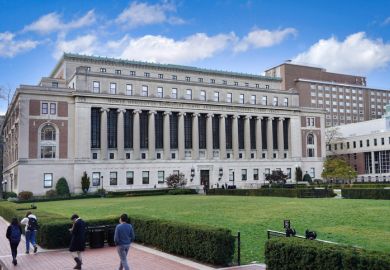Plans for a state-backed regulator to oversee opinion polling, launched by a Labour peer, risk “political censorship” of academic research, critics claim.
A private member’s bill on the establishment of a Political Opinion Polling Regulation Authority, put forward by Lord Foulkes of Cumnock, had its second reading in the House of Lords on 19 June.
The bill follows widespread criticism of the inaccuracy of opinion polls in the lead-up to the general election. Labour figures, in particular, have argued that by suggesting a closer race than was in fact the case, the polls helped the Conservatives make the issue of Labour and Scottish National Party relations in the event of a hung Parliament the main focus of pre-election debate.
Private members’ bills usually have slim chances of ever becoming law.
The British Polling Council has already announced an inquiry into the failings of the polls in the run-up to the election.
Lord Foulkes’ Regulation of opinion polling bill proposes that the new state-backed authority would “have responsibility for the making of rules for political opinion polling in the United Kingdom”.
This would include “specifying approved sampling methods” and “producing guidance on the wording of questions to be put to the public in a political opinion poll”, the bill says.
The authority – on which polling organisations, the media and political parties would be represented – would also decide whether the publication of polls was allowed “in such a period that the authority considers appropriate before the election or referendum to which they refer”.
Matthew Flinders, chair of the Political Studies Association and professor of politics at the University of Sheffield, said that the bill “is a worrying development for our members, many of whom dedicate their careers to researching public opinion and elections. The important work done by the likes of the British Election Study and our own EPOP (Elections, Public Opinion and Parties) Specialist Group would be seriously disrupted if they were forced to adhere to rules of sampling and question wording laid down by the authority, as this bill proposes.”
Professor Flinders added that the bill “should not be considered, at least until after the findings of the British Polling Council Inquiry”.
Charles Pattie, convenor of EPOP and professor of geography at Sheffield, said: “There’s a fundamental issue of academic freedom here. The bill seems to lack safeguards to prevent someone on the authority vetoing or substantially rewording polling questions on issues they deem unhelpful or awkward.
“And as the political parties are to be represented on the proposed authority, that raises deeply worrying risks of political censorship of academic research into elections, parties and politics. In this case, it isn’t just the academic community that would be affected if there is censorship of poll questions by the parties through the authority but the general public too.”
Register to continue
Why register?
- Registration is free and only takes a moment
- Once registered, you can read 3 articles a month
- Sign up for our newsletter
Subscribe
Or subscribe for unlimited access to:
- Unlimited access to news, views, insights & reviews
- Digital editions
- Digital access to THE’s university and college rankings analysis
Already registered or a current subscriber? Login






